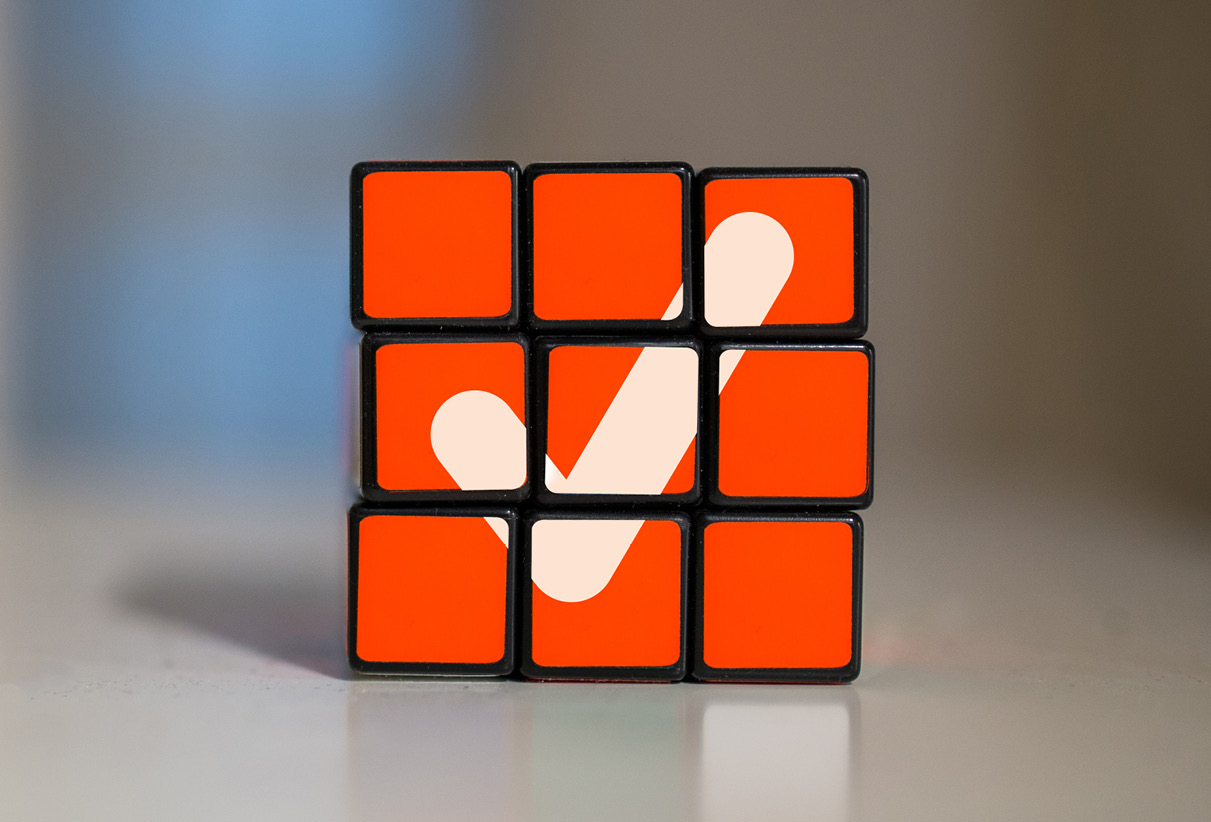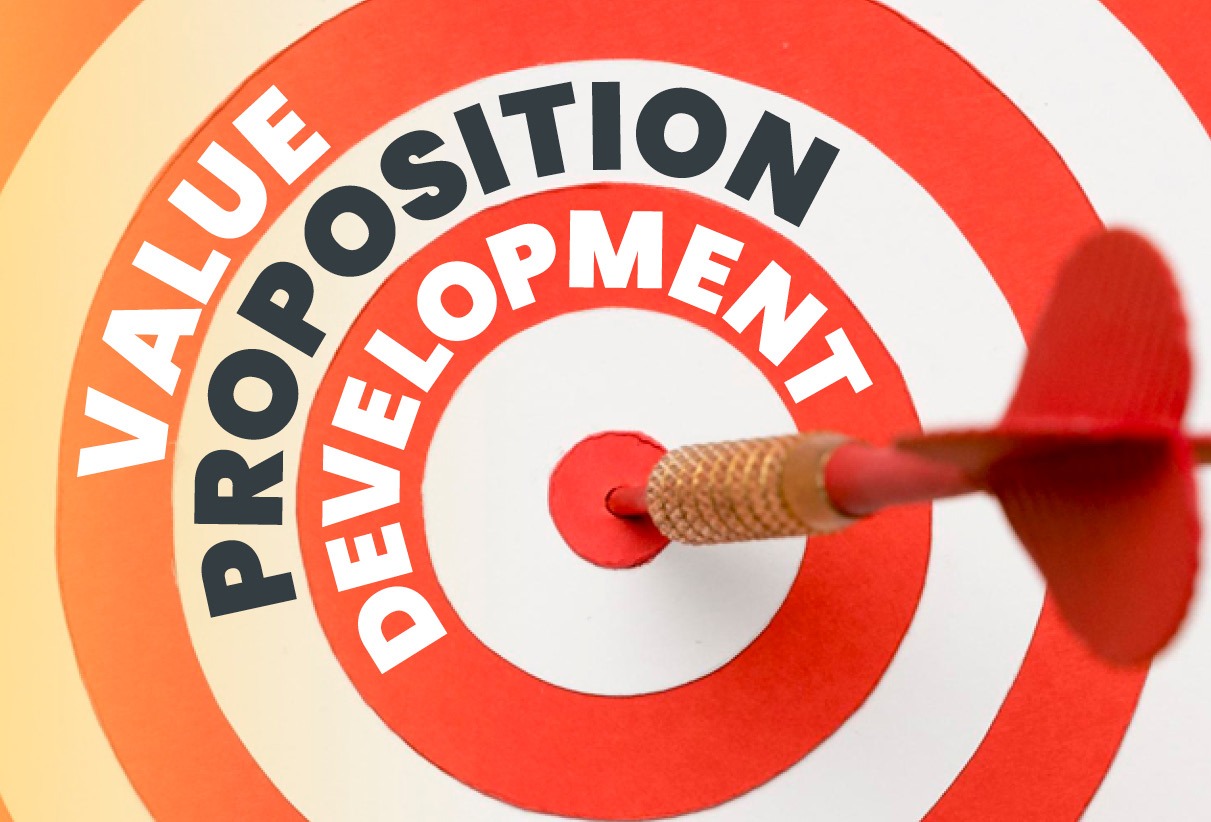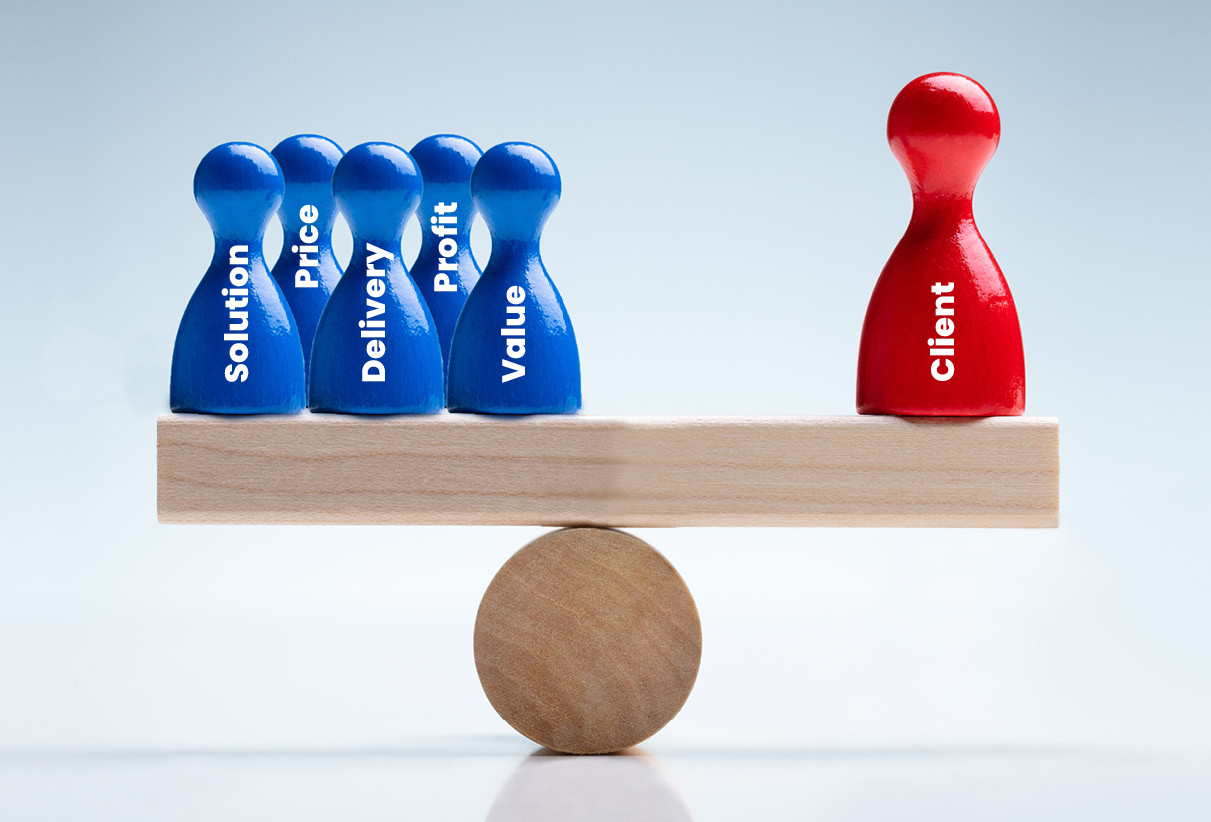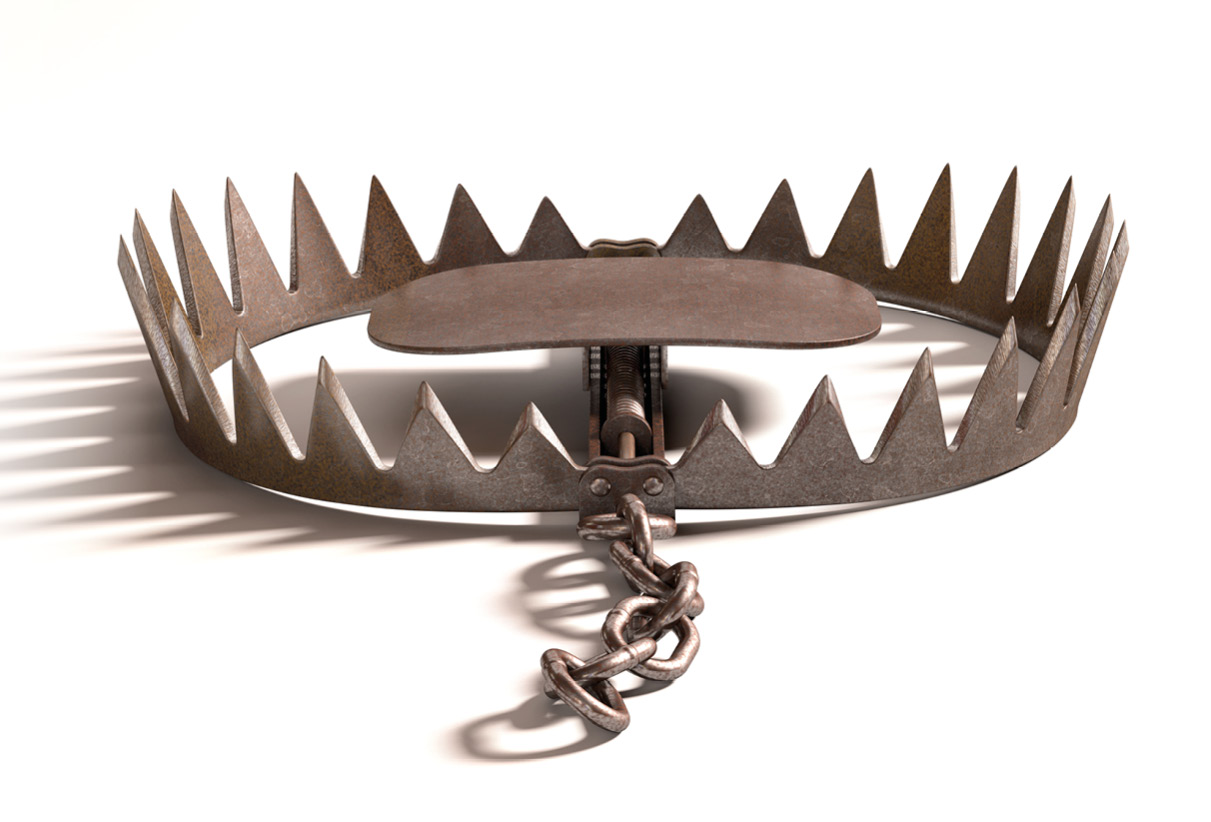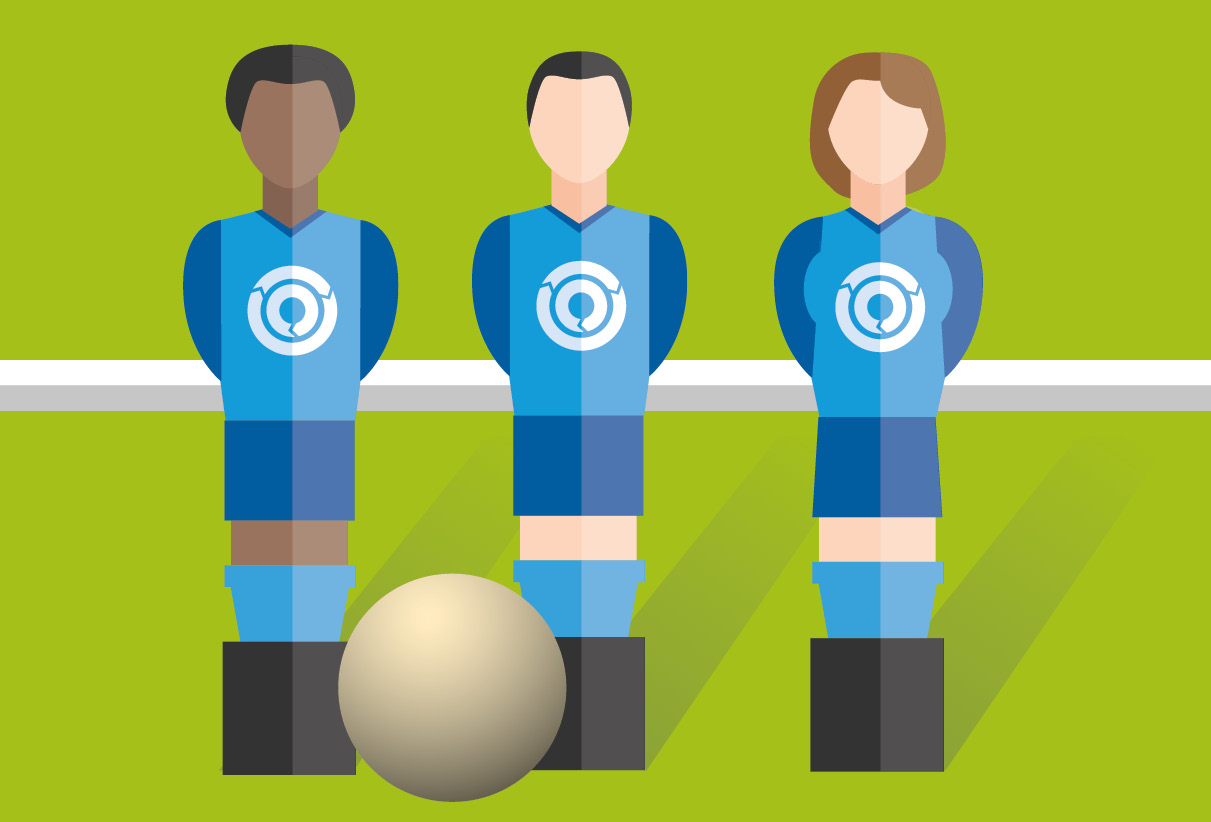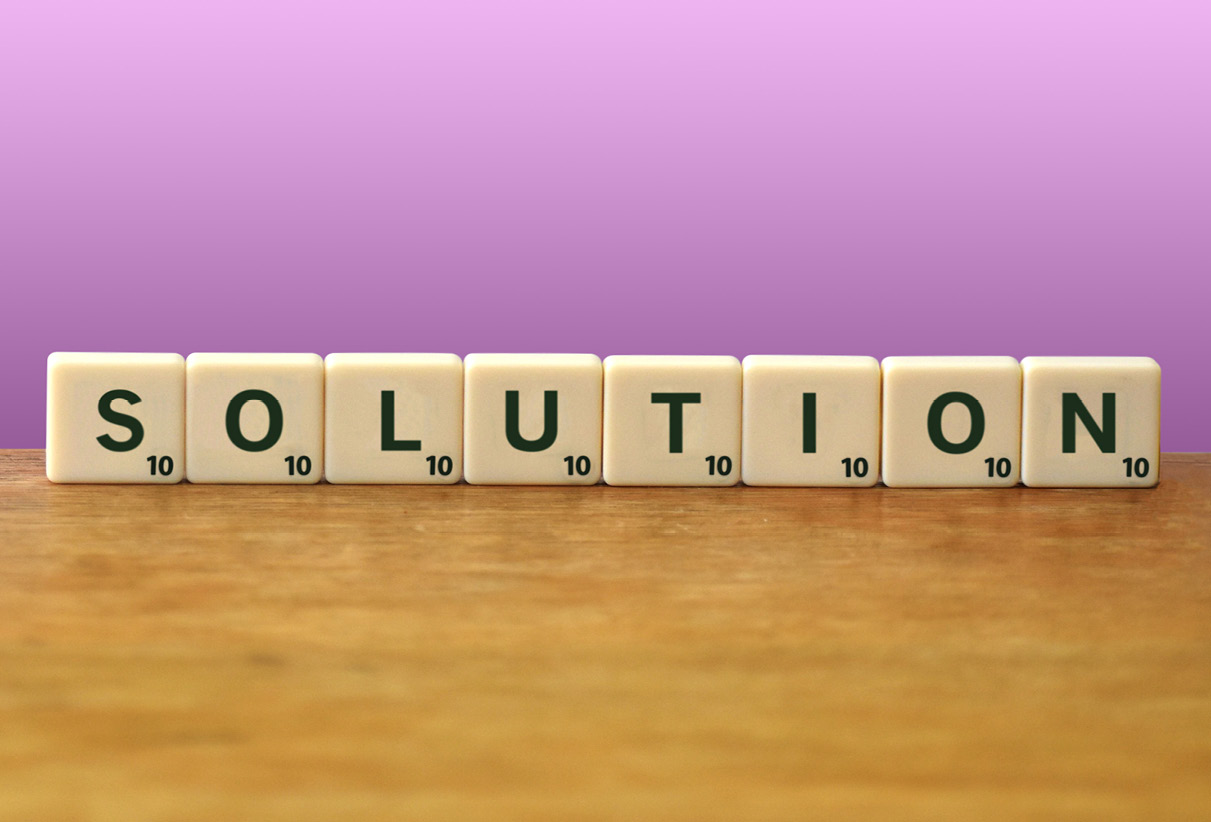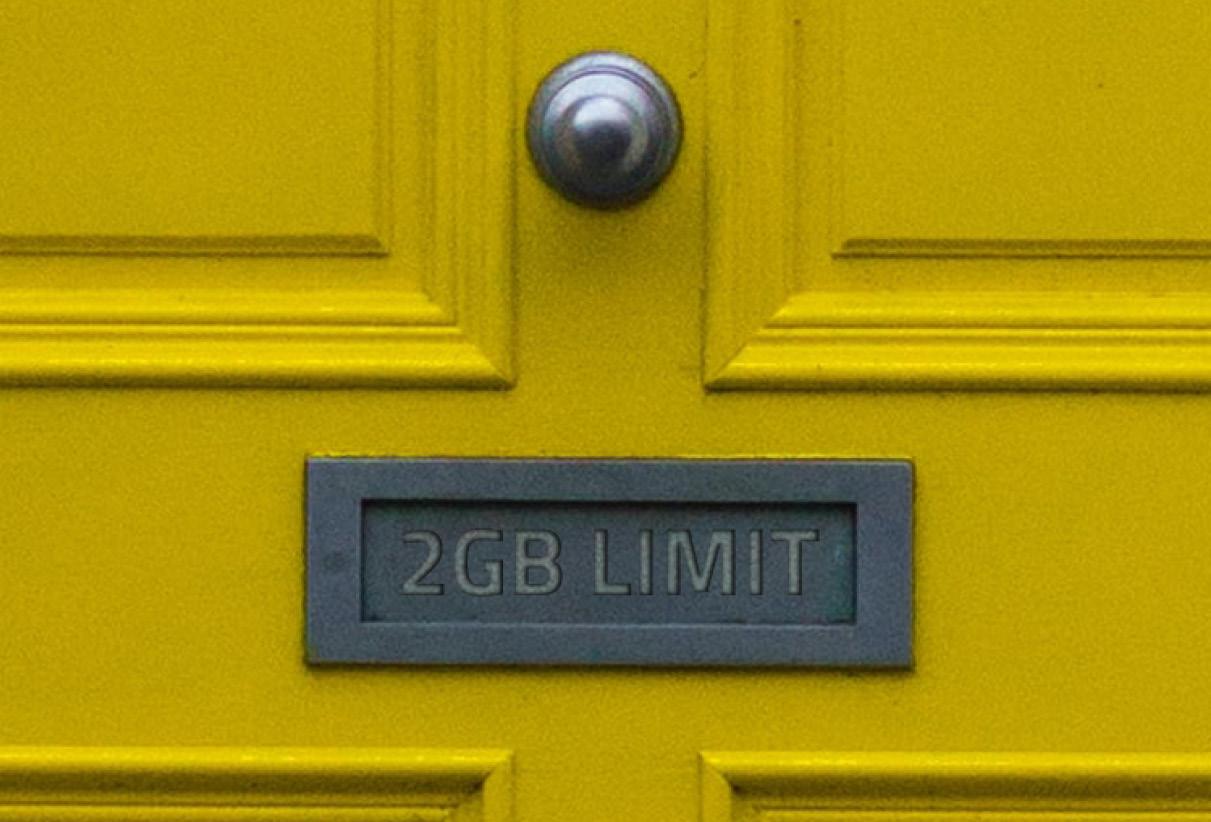Bid Lifecycle & Core
Roles
Each role in the Bid Lifecycle has the ability to win or lose you the deal. Some roles require more experience but never underestimate the importance of the specific skillsets required at key stages.
You may well ask what the difference is between a Bid Manager and a Proposal Manager. The proposal (i.e. the written submission) is just one important milestone to winning new business. There are many other activities that must be managed to ensure the award of new business – some happen long before the proposal (RFP) arrives, others a considerable time after. These activities collectively form what we call the Bid Lifecycle. The Bid Manager will focus on the broader range of Bid Lifecycle phases (Proposal is just one) while the Proposal Manager is almost entirely dedicated to the proposal itself (or rather the response to the RFP).
Many people are confused by the overlap of these roles at the Proposal phase. Surely they get into each other’s way at certain points? Who is more senior? The answers to these and other similar questions really rely on your organisation’s approach to winning new business and deal complexity. The industry and geography you work within can also significantly impact the answers.
For example in a large global corporation with a highly evolved strategic sales function, the six core bid roles may happily co-habit together, all with clearly defined responsibilities. In a small local business, one person may be wearing six different hats depending on the opportunity (or day of the week). Similarly, a complex proposal in one organisation could be a 20-page submission worth hundreds of thousands; in another business it could be 10,000 pages worth billions.
At Bid Solutions, we understand the subtle differences between bid roles and the importance of positive interactions within the team. We will help you to engage the right support at the right time – decreasing costs and increasing your chance of winning.


